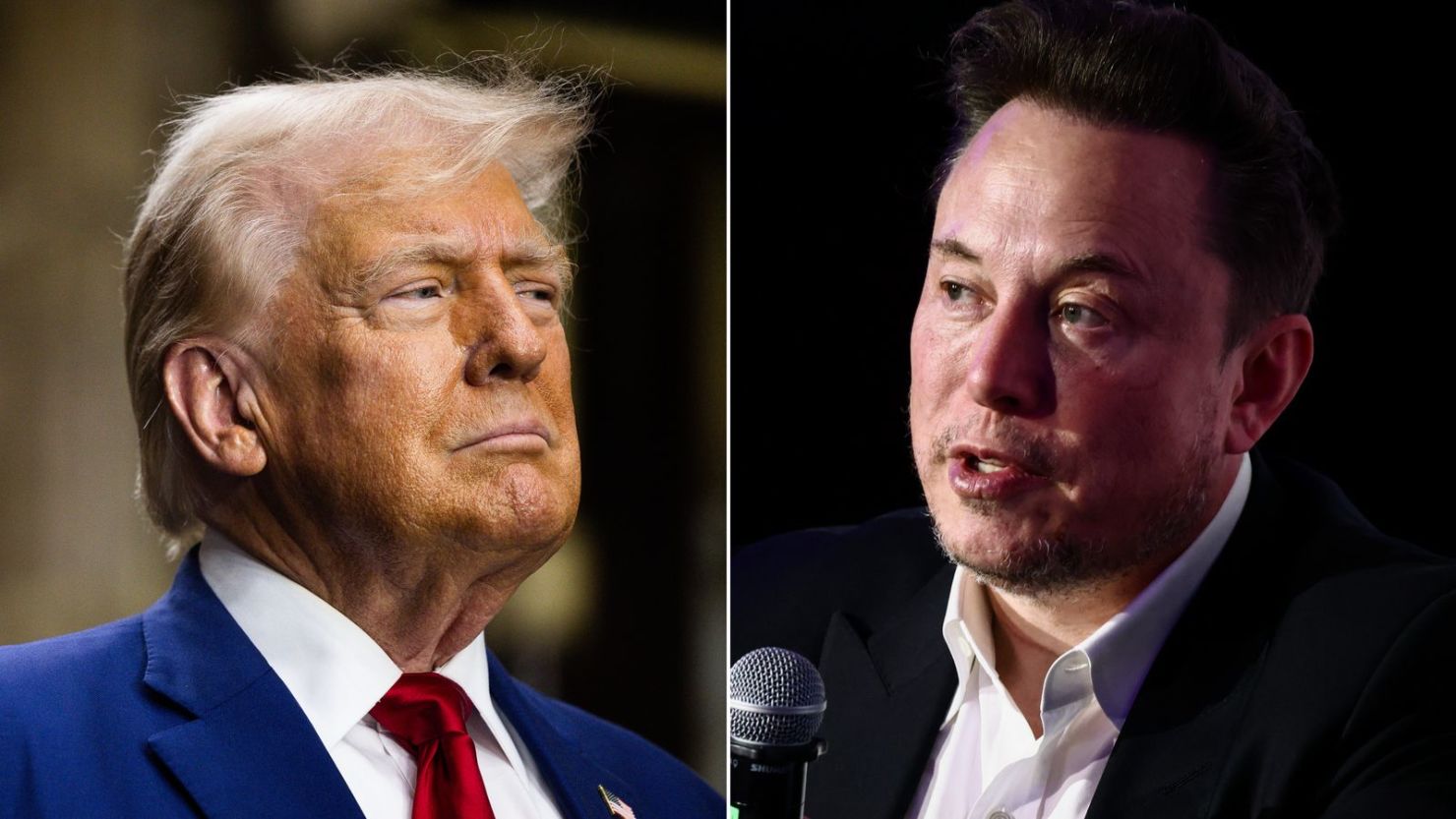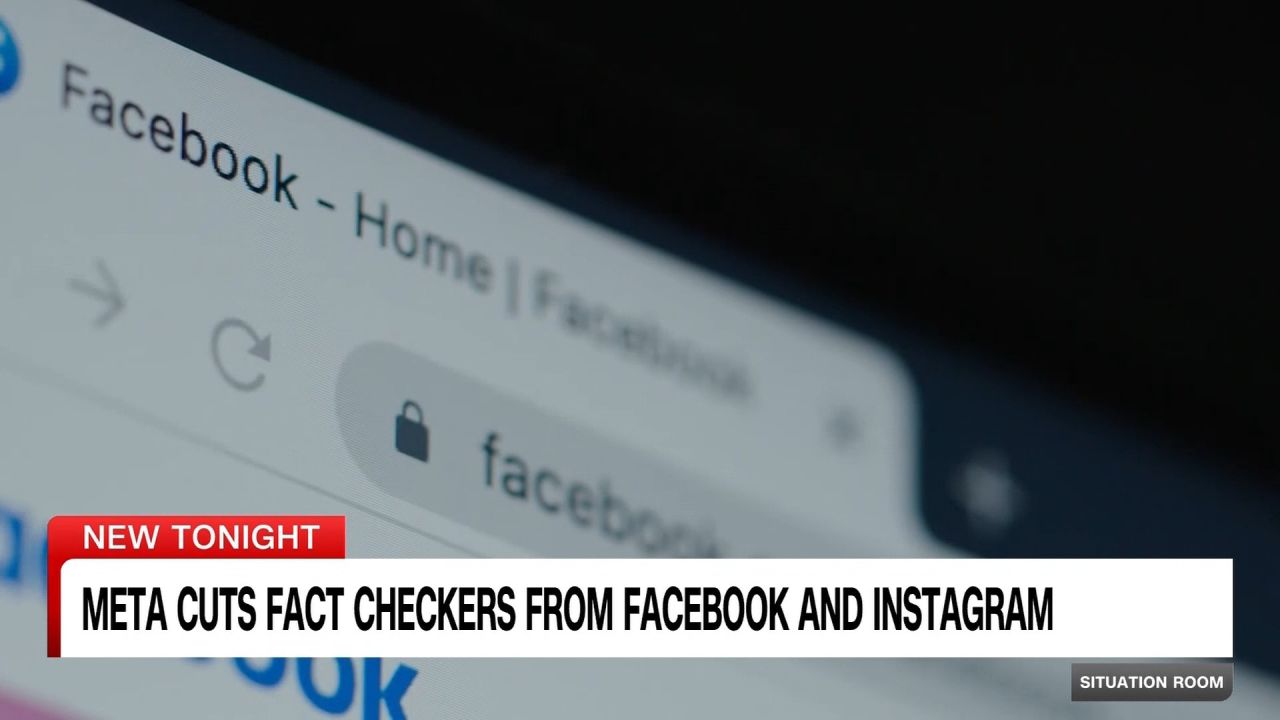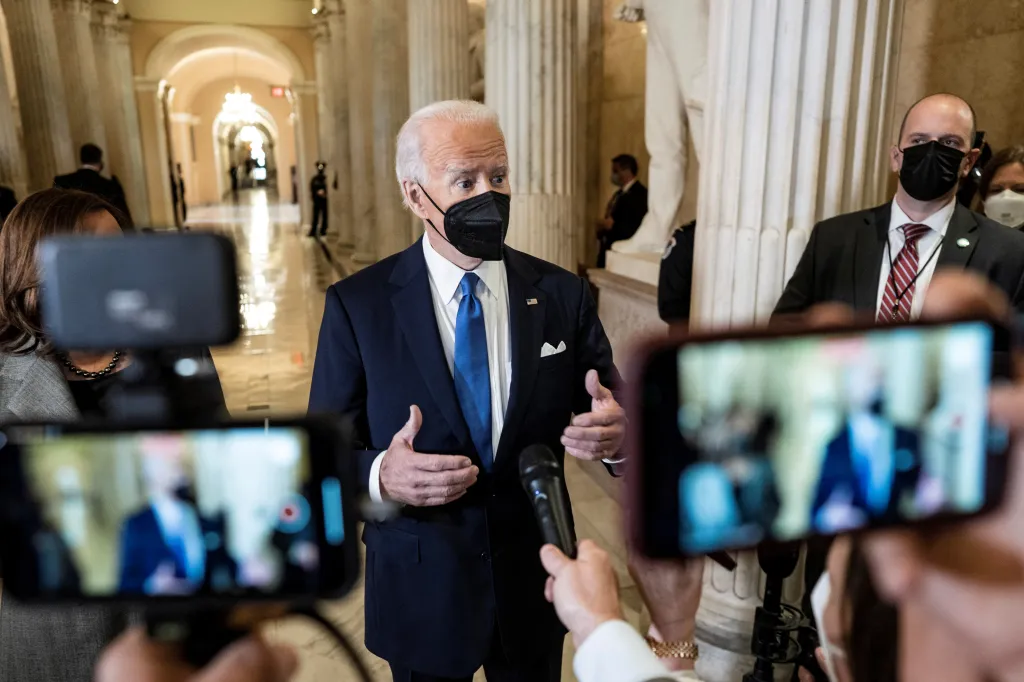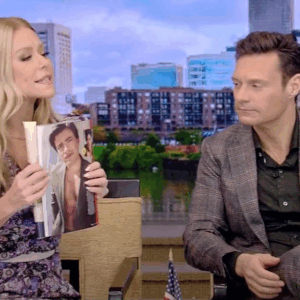CNN Host Claims Media is “Over-Censoring” Because He Wants “To Tell More Truth”

In the modern era of news and information dissemination, the responsibility of media outlets in accurately reporting on conflicts has never been more crucial. Jake Tapper, a prominent CNN host, recently shared his perspective on the Israel-Hamas conflict, emphasizing the challenges that come with balancing responsible journalism and the necessity to portray the stark realities of war. This article delves into Tapper’s views, addressing the dilemmas faced by the media when covering such turbulent events, and examines his argument for why less censorship could foster a greater understanding of these complex issues.
The Complexity of War Reporting

Reporting on conflicts like the Israel-Hamas war is fraught with challenges. Tapper pointed out that one of the biggest issues is the problematic nature of gathering accurate information in a war zone. The situation is often chaotic, leading to initial reports that may contain inaccuracies or misinformation, compounded by the potential biases of limited sources. These factors contribute to a murky media landscape where the line between truth and propaganda can become blurred.
Tapper highlighted that media outlets often err on the side of caution, particularly when it comes to displaying graphic images and footage related to violence. While acknowledging the ethical implications of such content, he believes that showing the harsher realities of conflict could improve public understanding. As the media grapples with the need to provide sensitive coverage while keeping the audience informed, Tapper’s advocacy for less filtering stands as a polarizing stance within journalism.
Understanding the Graphic Realities of War

During his commentary, Tapper underscored that the public has a right to know what is occurring in conflict zones. He made reference to the tragic events of October 7, which marked a significant escalation in the ongoing violence, urging viewers to grasp the full scope of what these attacks entail. In doing so, Tapper argued that showing graphic images is not merely a matter of sensationalism; rather, it is an opportunity to foster a deeper connection to the tragedies that unfold.
This perspective is particularly important in the context of the current Israel-Hamas situation, where displaced individuals and casualties often go unreported or poorly represented. By engaging with the stark visuals of conflict, Tapper contends that the dynamics and human costs of war become more comprehensible, fostering a more informed citizenry. Nonetheless, critics may respond with concerns regarding the desensitization of audiences and the moral implications of exposing graphic content.
Challenges of Representation and Responsibility

In his discussions, Tapper addressed some of the criticism directed at mainstream media for allegedly underreporting aspects of life in Gaza. He recognized that covering war is not only a matter of ethical dilemma but also a dangerous endeavor for journalists who risk their lives to provide coverage. The challenges become magnified in regions where both sides of a conflict are facing immense suffering, as he highlighted the rising tide of antisemitism, which, while troubling, pales in comparison to the individual stories of pain from people in both Israel and Gaza.
Furthermore, Tapper noted a worrying trend of denialism in responses to the violence perpetrated during the conflict. He called attention to the experiences of victims, specifically those afflicted by sexual violence, and challenged global feminist organizations for what he sees as their lack of acknowledgment regarding these nuanced victims. The complexity of these narratives raises significant questions about media responsibility and the accuracy of representations in wartime reporting.
By invoking historical references, including quotes from icons like General Dwight D. Eisenhower, Tapper emphasizes the importance of providing the public with unfiltered realities of conflict. Eisenhower famously insisted that it was necessary for citizens to see the truth—an argument Tapper believes is just as pertinent today, highlighting the ongoing ethical discourse surrounding how media must navigate these sensitive topics while upholding their duty to inform.
Conclusion

In summary, Jake Tapper’s insights into media censorship during wartime reporting underscore a vital conversation about ethical responsibilities in journalism. As the public seeks to comprehend the realities of ongoing conflicts, the role of media in presenting unfiltered truths becomes paramount. It prompts us to reflect on how we consume news and the impact of graphic representations on our understanding. To support influential discussions like this, engage with your local news outlets and encourage a dialogue that prioritizes transparency and truth in reporting.






